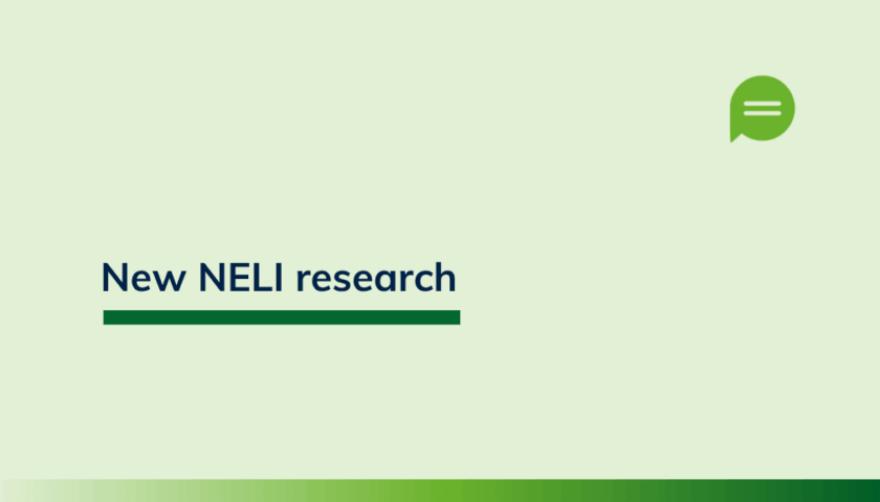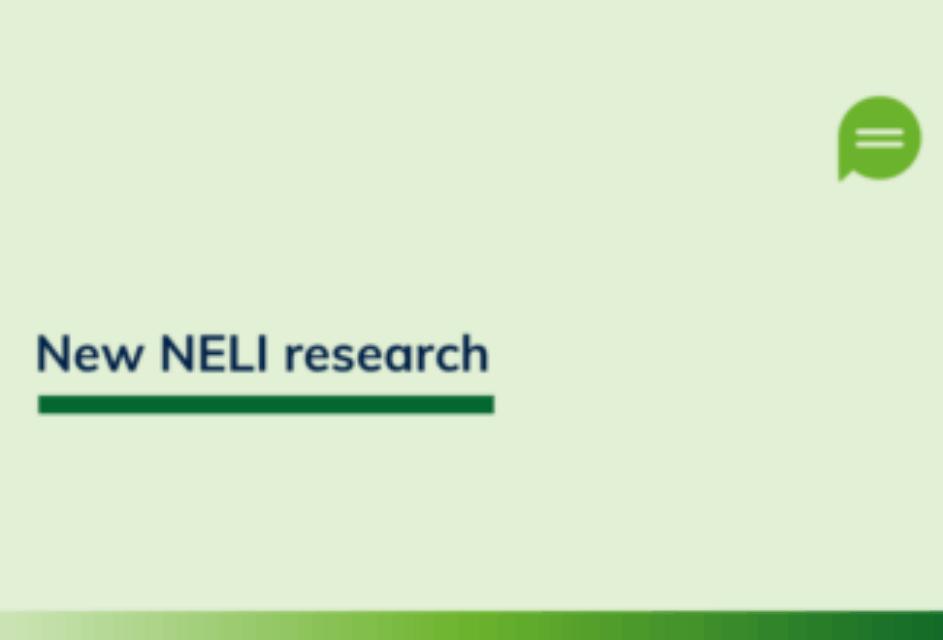New research shows positive impacts of NELI still seen two years after intervention
A new research study published in The Journal of Child Psychology and Psychiatry has shown that NELI is associated with lasting improvements in children’s language and reading skills.


The study, which involved members of the OxEd team, followed up with children two years after they received the NELI Intervention. Results showed that students who received the intervention had better oral language skills than the control group. Importantly, these students also had better reading comprehension and single word reading, further demonstrating the critical importance of oral language in learning to read.
Follow-up studies in educational research are relatively rare, and when they are conducted, they often reveal a ‘fade-out effect,’ a reduction in the impact of the intervention over time. In contrast, the current findings provide compelling evidence of enduring effects. This has important educational implications as sustained improvements in language are likely to contribute to wider gains in learning and well-being.
This research adds to a growing body of evidence demonstrating the long-term value of early language interventions. It also highlights implications for educational policy, suggesting that language interventions such as NELI can be a durable and effective way of helping to reduce social inequalities.
